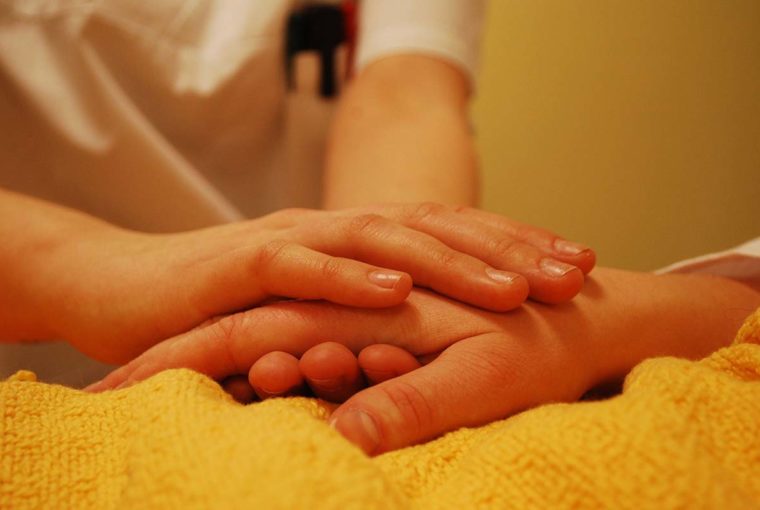Even though you are sure to want to help and comfort a friend who has been diagnosed with cancer, it can be challenging to know what to do and say. While there are many great tips to help you go about things in the right way, as you will find out below, at the end of the day, there is no one rule for all. The most important thing is to let your personal relationship guide you as you support your friend. However, to help provide comfort, the following advice will go a long way.
What To Say To Your Friend
You may feel as though you do not know what you should say to a friend who has been diagnosed with cancer, but you should not let that stop you from being there for your friend. It is much better to tell him or her that you do not know what to say rather than avoid your friend out of anxiety. But there are things you can say to help your friend, such as “I’m so sorry to hear about this,” and “I care about you.” It is also helpful to ask your friend questions like “How are you feeling?” But there are other things you should avoid saying, such as “I’m sure you will be fine,” and “I can picture just how you feel.”
Provide Practical Help
Sometimes, you do not need to say anything. More important is just being there for your friend. Ask him or her whether there is anything practical you can help with. If your friend does not have a partner or close family, it can be a lonely experience, so ensure you simply spend time with your friend and are there for crucial steps in his or her journey. For example, you could accompany your friend to get a second opinion for lung cancer to verify the diagnosis or do the shopping for your friend later down the line if he or she is feeling too weak. Other ways in which you can help to support your friend include:
- Picking up prescriptions.
- Organizing a phone chain of support.
- Helping with household chores.
- Cooking dinner.
- Accompany your friend to support group meetings.
Socialize With Your Friend As Usual
Supporting your friend should not be restricted to solely helping with things related to your friend’s diagnosis. To really comfort your friend, you should make sure you socialize with him or her just like you always have. There may be times when your friend is not well enough, but you should seize opportunities when you can, to take your friend out for a meal or to the theatre, or go around to your friend’s home armed with a takeaway and a pile of DVDs to enjoy a fun night in. When your friend has more normality in his or her life and is able to laugh with you by doing fun activities, he or she will feel happier and more positive.
Form A Support Team
You may feel like you want to be available for your friend at all times, but often that is simply not practical. Besides, the more people your friend has to support and comfort him or her, the better. So, consider setting up a support team for your friend. That can include getting mutual friends on board to ensure your friend always has someone available when he or she needs to ask for help. It can also include searching for online communities that can provide comfort and assistance to your friend.




